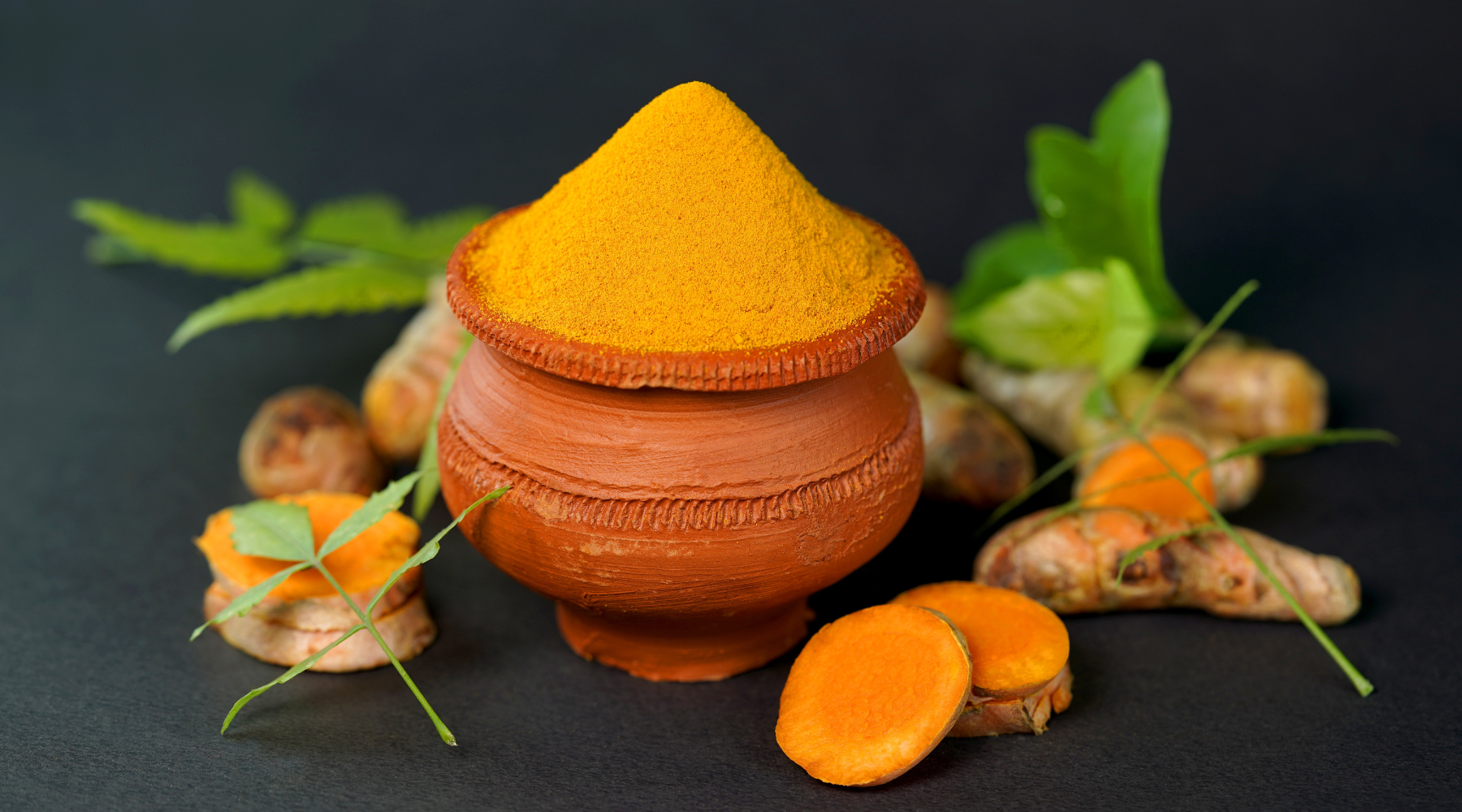
Can Saffron Help with Postpartum Depression?
Postpartum depression is a significant mental health concern affecting many new mothers. It can manifest as feelings of extreme sadness, anxiety, and fatigue, making it challenging to care for the newborn and oneself. While various treatments are available, recent research suggests that saffron, a natural spice, might offer a promising solution.
Understanding Postpartum Depression
Postpartum depression (PPD) is more than just the "baby blues." It's a severe mood disorder that can occur after childbirth, affecting a mother's ability to function and bond with her baby. Symptoms of PPD can include severe mood swings, crying spells, difficulty bonding with the baby, withdrawal from family and friends, and even thoughts of harming oneself or the baby.The Role of Saffron in Mental Health
Saffron, derived from the Crocus sativus flower, has been traditionally used for its medicinal properties, including its potential antidepressant effects. Recent studies have explored its benefits in treating various forms of depression, including postpartum depression.A notable study published in the Journal of Affective Disorders examined the effects of saffron on mild-to-moderate postpartum depression. The study found that saffron had a higher response rate in alleviating depressive symptoms compared to a placebo, indicating its potential as a natural treatment option for PPD.
Why Saffron Works
The exact mechanism by which saffron helps improve mood is still being researched. However, it is believed that saffron's active compounds, such as crocin and safranal, have a positive effect on neurotransmitters in the brain, similar to conventional antidepressants but without many of the side effects.Potential Side Effects and Safety for Breastfeeding Mothers
While saffron is generally considered safe when used in cooking and as a supplement in recommended doses, it is essential to be aware of potential side effects. Some individuals may experience mild symptoms such as dry mouth, anxiety, dizziness, drowsiness, nausea, or headache. It is crucial to adhere to the recommended dosage to avoid any adverse effects.For breastfeeding mothers, it is especially important to consult with a healthcare provider before starting any new supplement, including saffron. Although saffron is natural, its effects on breast milk and the nursing infant are not fully understood. Consulting with a healthcare provider can help ensure that saffron supplements are used safely and effectively during this sensitive period.
Introducing miNATURALS Ultra Premium Saffron with Affron
For those considering saffron as a supplement to help manage postpartum depression, it is essential to choose a high-quality product. miNATURALS Ultra Premium Saffron with Affron is an excellent option. Affron is a patented saffron extract that has been clinically studied and shown to be more effective than standard saffron. It ensures a consistent dosage of active compounds, providing reliable and enhanced benefits for mental health.
PURCHASE ON AMAZON.CA

Conclusion
Postpartum depression is a serious condition that requires attention and proper treatment. Saffron, especially in the form of high-quality extracts like Affron, offers a promising natural alternative to conventional treatments. As always, it's important to consult with a healthcare provider before starting any new supplement, particularly during the postpartum period.
By integrating natural solutions like saffron supplements, new mothers may find a supportive aid in their journey toward mental well-being.
---
References
1. [Saffron in the treatment of mild-to-moderate postpartum depression]



